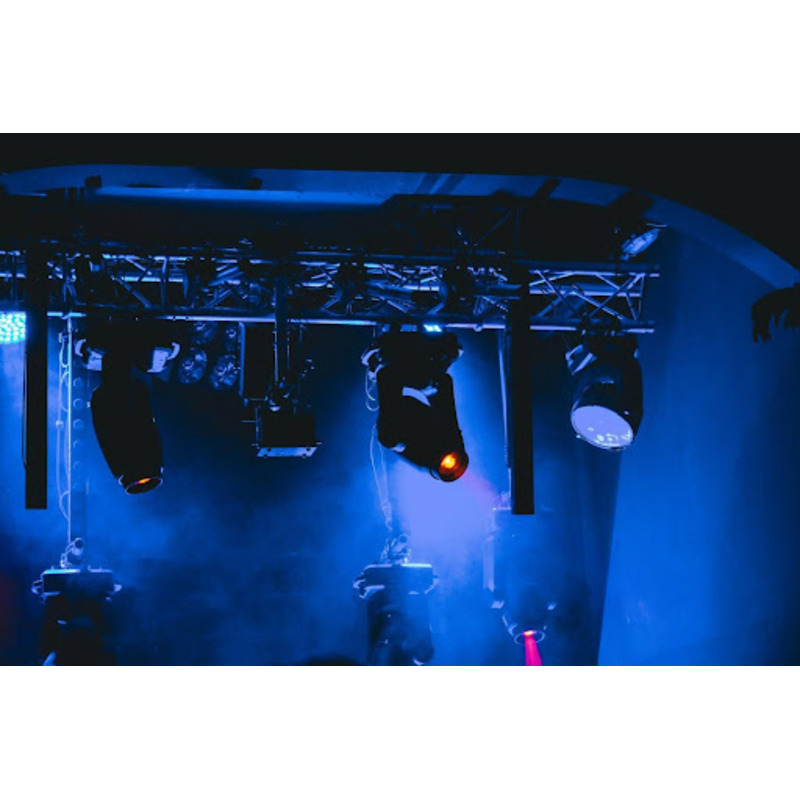In recent years, the music industry has witnessed a seismic shift in how artists connect with their fans. With the advent of advanced technology and the impact of global events like the COVID-19 pandemic, virtual concerts have emerged as a groundbreaking way to experience live music.
From immersive digital performances to interactive fan experiences, virtual concerts are redefining what it means to attend a “live” show.
What Are Virtual Concerts?
Virtual concerts are live or pre-recorded musical performances that are streamed online, allowing fans to watch and interact with their favourite artists from the comfort of their homes. These concerts can range from simple live streams on platforms like YouTube or Instagram to highly produced, immersive experiences using virtual reality (VR) or augmented reality (AR) technologies.
The Driving Forces Behind the Rise of Virtual Concerts
1. The Impact of the Pandemic
The COVID-19 pandemic forced the cancellation of in-person events worldwide, leaving artists and fans searching for alternatives. Virtual concerts quickly became a lifeline for the music industry, enabling artists to perform and connect with their audiences despite physical restrictions.
Platforms like Twitch, Zoom, and Instagram Live saw a surge in live music events, proving that virtual concerts could fill the void left by traditional shows.
2. Advancements in Technology
Cutting-edge technologies like VR, AR, and 3D animation have taken virtual concerts to the next level. Artists like Travis Scott and Marshmello have hosted groundbreaking virtual concerts on platforms like Fortnite, where millions of fans attended as digital avatars.
These immersive experiences blend music, gaming, and storytelling, creating a new form of entertainment that transcends traditional concerts.
3. Accessibility and Global Reach
Virtual concerts break down geographical barriers, allowing fans from around the world to attend without the need for travel or expensive tickets. This accessibility has democratised live music, making it possible for fans in remote areas or with limited resources to enjoy performances by their favourite artists.
4. Creative Freedom for Artists
Virtual concerts offer artists unparalleled creative freedom. Without the constraints of physical stages, artists can design fantastical worlds, incorporate stunning visual effects, and experiment with innovative storytelling techniques.
For example, Billie Eilish’s virtual concert featured surreal, dreamlike visuals that enhanced the emotional impact of her music.
The Benefits of Virtual Concerts
1. Enhanced Fan Engagement
Virtual concerts often include interactive features like live chats, virtual meet-and-greets, and real-time polls, allowing fans to engage with artists in ways that aren’t possible at traditional concerts. This level of interaction fosters a deeper connection between artists and their audiences.
2. Sustainability
Virtual concerts have a smaller environmental footprint compared to traditional concerts, which require extensive travel, energy consumption, and waste production. By reducing the need for physical infrastructure, virtual concerts offer a more sustainable way to enjoy live music.
3. Revenue Streams for Artists
With the decline of album sales and the rise of streaming, artists have increasingly relied on live performances for income. Virtual concerts provide a new revenue stream through ticket sales, merchandise, and sponsorships, helping artists sustain their careers in a changing industry.
Final Word From Vividdose
Virtual concerts are more than just a temporary solution—they’re a transformative force in the music industry. By leveraging technology, artists can reach global audiences, push creative boundaries, and redefine what it means to perform live. As we move forward, virtual concerts will likely coexist with traditional shows, offering fans more ways than ever to experience the magic of live music.
Whether you’re attending a concert in a virtual world or streaming a performance from your living room, one thing is clear: The future of live music is here, and it’s more exciting than ever.
Have you ever attended a virtual concert?

